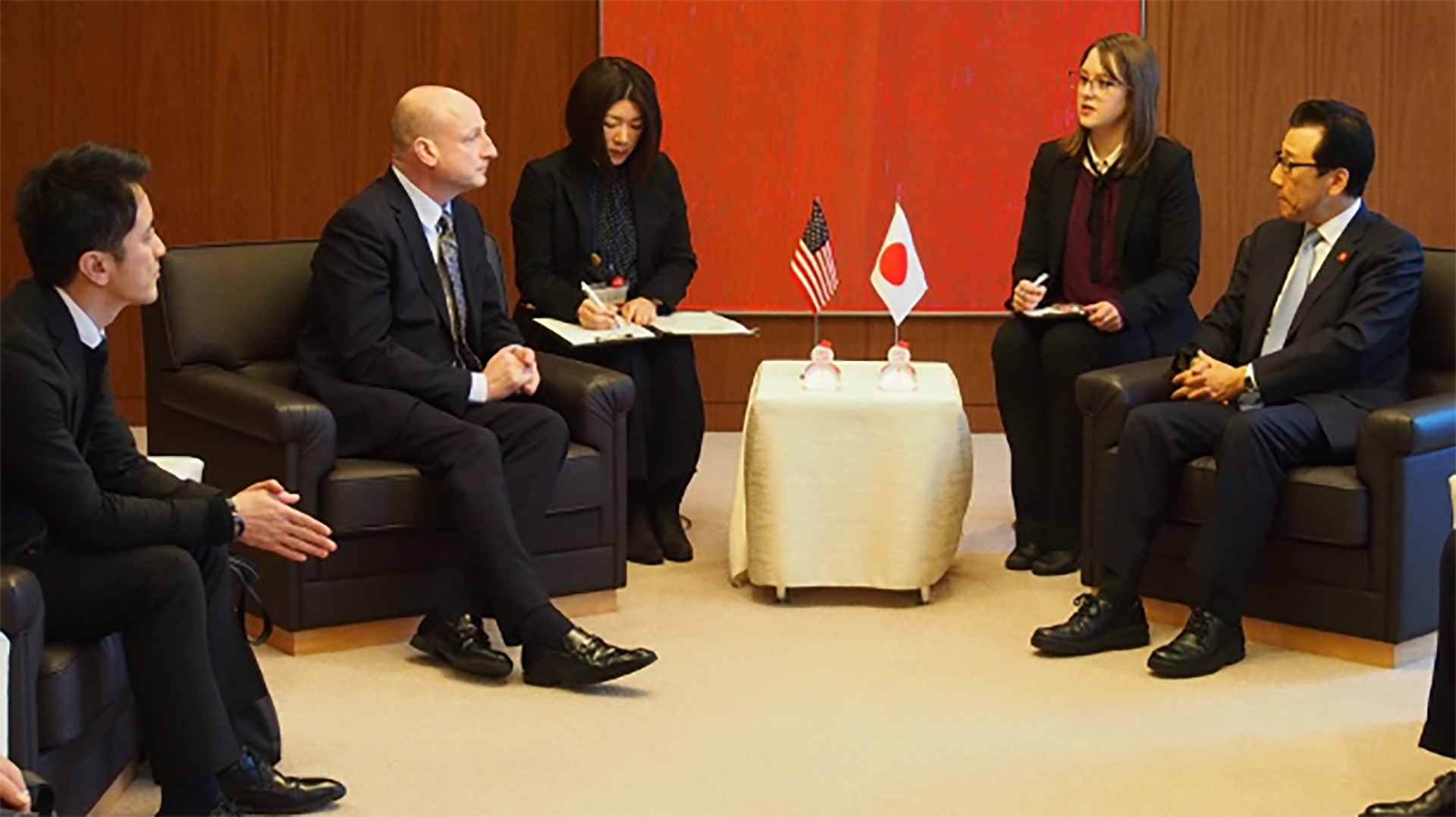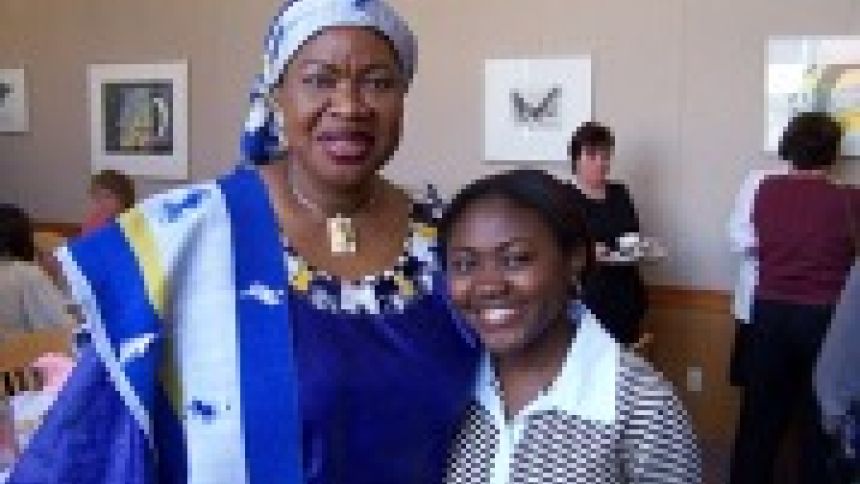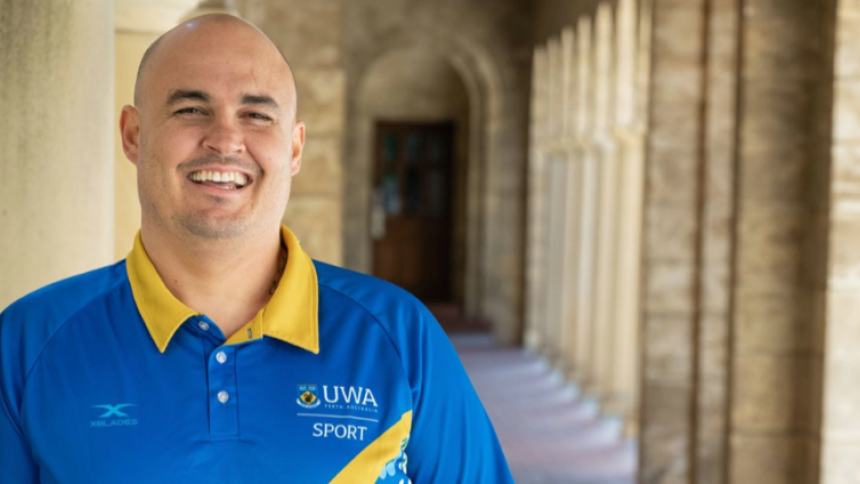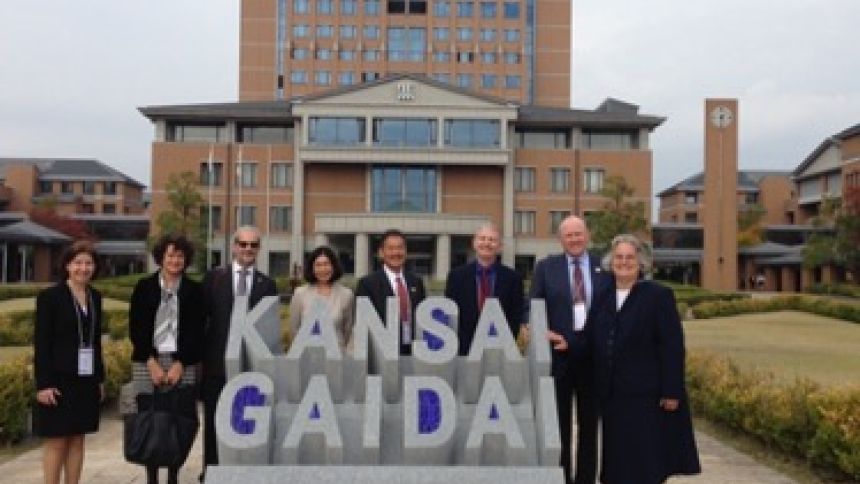For Leah Klaas ’16, Japan is a Career and Life Focus
 When Leah Klaas ’16 blazed her life’s pathway in the direction of Japan, no one who knew her was surprised.
When Leah Klaas ’16 blazed her life’s pathway in the direction of Japan, no one who knew her was surprised.
A triple major in international studies, Japanese and anthropology at Pacific University, Klaas had always had a deep love for Japan. It started in an early-teen fascination with Chinese written characters (used also in Japanese) and was only enhanced by the academic influences of a superb Japanese instructor at Beaverton (Ore.) High School and Pacific’s Japanese program.
Her love of Japan has anchored her career and life choices in the years since she set forth from Pacific and Forest Grove.
Always up for a challenge, Klaas was never satisfied with the path of least resistance — whether it was in language learning, cultural immersion, studying abroad or academic choices.
For example, Klaas recounts the time when she approached the late Pacific Univeristy Japanese instructor, Sandy Garcia, about jumping straight into third-year Japanese, in spite of testing into second-year. Garcia was immensely supportive.
“The class was hard for me … but it was really instrumental in my language skills development,” Klaas said. She also notes her gratitude to Garcia and her other professors at Pacific who “believed in me enough to allow me to challenge myself in that way.”
Klaas also speaks glowingly of her year-long study abroad experience at Nanzan University, in the bustling city of Nagoya, known especially for its rigorous Japanese-language curriculum. Nanzan was a “happy medium” for her, providing enough opportunity to challenge her language skills while transferring back sufficient credits for her major.
It also provided her with a sound linguistic platform on which to undertake complex legal research for her thesis, written in Japanese, on the slightly offbeat but fascinating topic of a controversial Japanese law regulating public dancing.
She recalls fondly the Japanese teaching assistant, an “absolute saint,” who would sit with her for hours with primary source materials to help her decipher challenging legal jargon. At the time, Pacific was one of the few schools that required a thesis to be written and presented in Japanese.
"Though it was stressful at the time, I am grateful for it,” Klaas said.
Following her graduation from Pacific, Klaas has in every way realized the promise of those years, as she has moved from one adventure to the next, all the while expanding her expertise in U.S.-Japan relations, and international affairs more generally.
Her first foray, from 2016 to 2019, landed her in Hokkaido, Japan’s northern island, after securing a prized full-year assignment in Sapporo as coordinator of international relations for the City of Sapporo through the JET (Japan Exchange and Teaching) Program. Coincidentally Sapporo is Portland’s sister city.
Among the highlights, remembers Klaas, were such diverse assignments as attending banquets and diplomatic meetings in her role as interpreter, teaching a weekly English-conversation program offered by the city, and lecturing on American culture at schools throughout Sapporo. She also represented Sapporo and the international network it spearheaded, the World Winter Cities Association for Mayors, at international conferences including the U.N. Conference on Intergenerational Dialogues on Sustainable Development Goals.
It was during her time in Sapporo that Klaas became more familiar with Sapporo’s 65-year sister city relationship with Portland, one of the longest U.S.-Japan city partnerships. Now, despite living in Washington, D.C., she is one of the most active board members of the Portland Sapporo Sister City Association (PSSCA), managing the website, working with the executive board to implement priorities, and most recently playing a critical role in media outreach and fundraising in the PSSCA’s 65th anniversary celebrations in Summer 2024.
Robin Young, a member of the PSSCA Executive Board, considers Klaas an “indispensable leader,” while PSSCA President Mami Kikuchi describes her as “a dynamic force in U.S.-Japan relations.”
The academic and career trajectory for Klaas has been impressive since her days in Sapporo. Accepted in 2021 into the prestigious, highly competitive Master of Science in Foreign Service program at Georgetown University, a program considered a gateway into diplomatic service, Klaas intentionally set out to enrich her knowledge base beyond Japan.
I wanted to maximize my time at Georgetown and take classes in topics I was unfamiliar with so I could broaden my perspective and understanding of international relations,” she said.
To this end, she supplemented her regular coursework with two graduate certificates. One of these, the Certificate in Diplomatic Studies, involved a capstone class on U.S. leadership and multilateralism, which included an opportunity to meet with U.N. representatives from several countries.
“It was fascinating to speak with these special representatives and hear their perspectives on U.S. engagement on the global stage and what the priorities are for their nations at the U.N.,” she said.
In May 2023, after several months interning at the Center for Strategic and International Studies (CSIS), a high-profile D.C. think tank, she was hired full-time as research assistant to the Japan chair of the CSIS. Her multidimensional position involved such varied responsibilities as managing CSIS social media channels and researching and producing major research reports on diverse topics such as the Indo-Pacific disinformation landscape, and U.S.- Japanese industrial cooperation.
In August 2024, Klaas took another step forward when she was hired to her current position as associate director of programs at The Maureen and Mike Mansfield Foundation, named after the late senator from Montana, the longest-serving U.S. Ambassador to Japan and a towering figure in postwar U.S.-Asia relations. In her new role directing the U.S.-Japan Network for the Future program she will further develop and support a network of policy experts focused on Japan.
The future for Klaas looks bright and very exciting. Unsurprisingly her long-term career goals are centered around remaining connected with Japan and refining further her already advanced Japanese language skills. Her most cherished goal is to work for the U.S. Foreign Service as a public diplomacy officer and to do at least one of her tours in Japan.
Given her grit, penchant for hard work, proven determination and the solid foundation of the Japanese and international studies programs at Pacific, her prospects for attaining this goal, and of further success are excellent.
Stephen Prag served as director of International Programs at Pacific University from 2004 to 2022. Following his retirement, he has reconnected with students who studied abroad — at and from Pacific — during his tenure to share their stories. This is the third in his series of stories.






